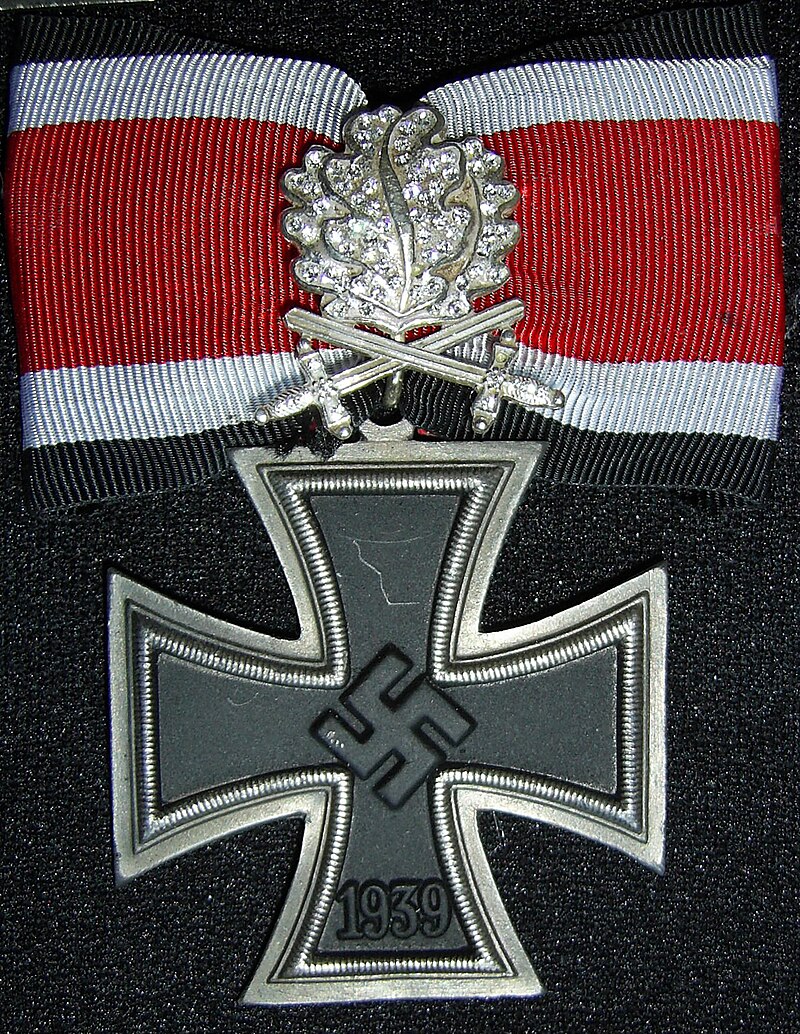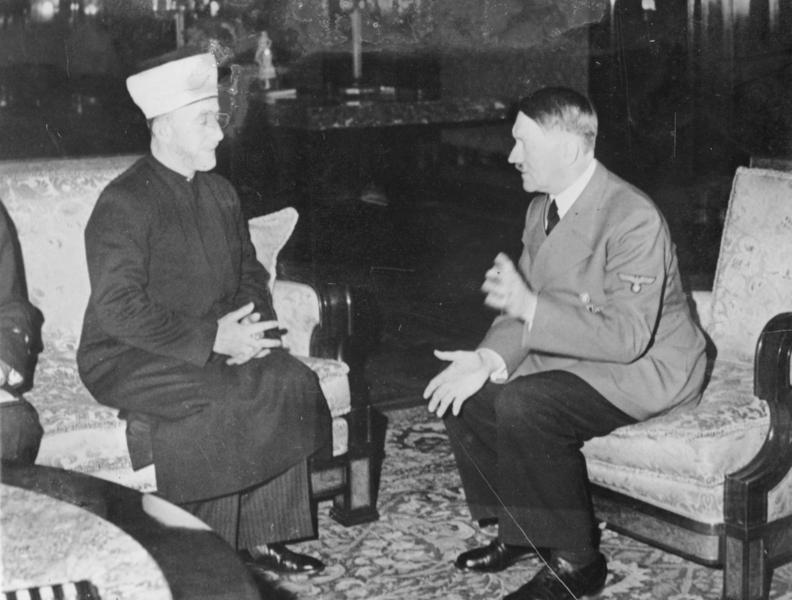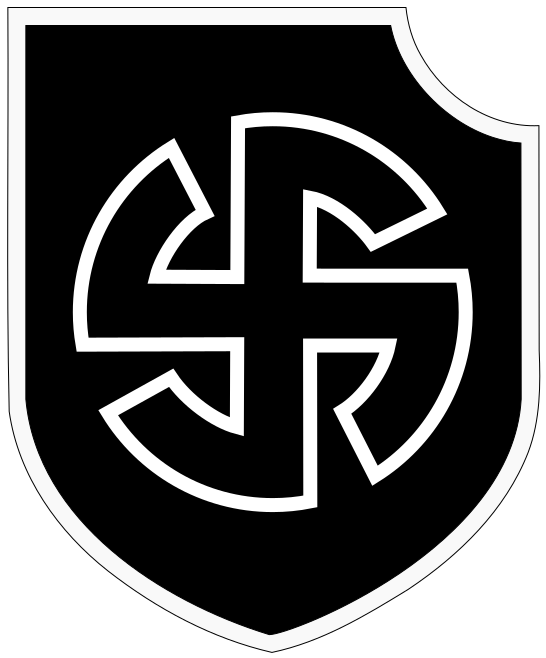leader di Iran

- ۰ نظر
- ۰۸ آذر ۹۵ ، ۲۰:۳۰


HAMBURG, Nov 13, 2012 (AFP) – Hamburg concluded a “historic” accord with its Muslim and Alawite communities on Tuesday becoming the first German state to recognise certain Islamic holidays as days off.
The agreement signed by Hamburg Mayor Olaf Scholz and religious associations is seen as putting the northern port city’s Muslims and Alawites, an offshoot of Shiite Islam, on a more equal footing with Christian residents.
Hamburg is also one of Germany’s 16 federal states.
As well as handing them the right to take off some religious holidays, it allows the communities to take part in developing religious teaching in schools and the future employment of Muslim and Alawite religious studies’ teachers.
Muslims for their part undertake to respect fundamental rights and support equality between the sexes.
Scholz described the signing at the city hall as a “milestone” while Zekeriya Altug, chairman of the Hamburg branch of the DITIB Turkish-Islamic association, called it a “historic day” for both Hamburg and Germany.
“With it, Hamburg has today set a precedent for the future of our country,” his association, which was one of three Muslim groups to sign the treaty, said in a written statement.
Under the accord, Muslims in Hamburg will have the right to three religious holidays but will have to take them as part of their overall holiday entitlement as is the case for some regionally observed Christian holidays.
Until now it was down to employers to decide whether to grant Muslim staff religious days off.
“Many Muslim employees didn’t dare ask for days off on those days for fear of being seen badly,” Altug has said. “Now they will be able to say: it’s my holiday, it’s governed by law.
“That makes an enormous difference,” he added.
Hamburg, Germany’s second biggest city with a 1.8-million strong population, has some 130,000 Muslim and 50,000 Alawite inhabitants.
The agreement must still be approved by the Hamburg parliament.

The romantic notions that Heinrich Himmler had about the Bosnian Muslims were probably significant in the division’s genesis. He was personally fascinated by the Islamic faith and believed that Islam created fearless soldiers. He envisioned the creation of a Bosnian SS division constituted solely of Bosnian Muslims in a manner similar to the Bosnian divisions of the old Austro-Hungarian Empire.
Many of these soldiers came from Bosnia, and it was a
conscious decision to fight the Communist Partisans and the nationalist
Chetniks  .
The Nazis tried to cater to the Muslim religious needs of their
recruits, but the soldiers themselves cared more about protecting their
homeland (as promised by the Nazis), than anything else the SS and
Himmler told them about racial equality/superiority to the inferior
Jews. Riots and desertions were commonplace among the soldiers, often to
the Communist Partisans led by Josip Broz Tito,
who promised the soldiers amnesty if they joined the Partisans. The
soldiers were only interested in protecting their homeland in Bosnia, so
any incursions into Croatia or Serbia to help the Nazi allies or war
effort there met with consternation among the soldiers, and even more
desertions.
.
The Nazis tried to cater to the Muslim religious needs of their
recruits, but the soldiers themselves cared more about protecting their
homeland (as promised by the Nazis), than anything else the SS and
Himmler told them about racial equality/superiority to the inferior
Jews. Riots and desertions were commonplace among the soldiers, often to
the Communist Partisans led by Josip Broz Tito,
who promised the soldiers amnesty if they joined the Partisans. The
soldiers were only interested in protecting their homeland in Bosnia, so
any incursions into Croatia or Serbia to help the Nazi allies or war
effort there met with consternation among the soldiers, and even more
desertions.
The 13th Waffen Mountain Division of the SS Handschar  under command of SS Obergruppenfürer Artur “Papa Phleps” Gustav Martin Phleps
under command of SS Obergruppenfürer Artur “Papa Phleps” Gustav Martin Phleps


 was
a Muslim combat formation created by the Germans to restore order in
Yugoslavia. It was given the title Handschar after a local fighting
knife or sword carried by Turkish policemen during the centuries that
the region was part of the Ottoman Empire
was
a Muslim combat formation created by the Germans to restore order in
Yugoslavia. It was given the title Handschar after a local fighting
knife or sword carried by Turkish policemen during the centuries that
the region was part of the Ottoman Empire  .
It was the first non-Germanic Waffen-SS division, and its formation
marked the expansion of the Waffen-SS into a multi-ethnic military
force. The division was composed mostly of Bosnian Muslims (ethnic
Bosniaks) with some Catholic Croat soldiers and mostly German and
Yugoslav Volksdeutsche (ethnic German) officers.Commander Papa Phleps
was killed age 62 on 21-09-1944 in Simand, arad, Romania.
.
It was the first non-Germanic Waffen-SS division, and its formation
marked the expansion of the Waffen-SS into a multi-ethnic military
force. The division was composed mostly of Bosnian Muslims (ethnic
Bosniaks) with some Catholic Croat soldiers and mostly German and
Yugoslav Volksdeutsche (ethnic German) officers.Commander Papa Phleps
was killed age 62 on 21-09-1944 in Simand, arad, Romania.

The
division was initially sent to southern France for formation and
training. On the night of 16/17 September 1943, while the 13th SS
Division was training in France, a group of pro-Partisan soldiers led by
Muslim and Catholic junior officers staged a mutiny.  They
captured most of the German personnel and executed five German
officers. The mutineers believed that many of the enlisted men would
join them and they could reach the western Allies. Soon the revolt was
put down and as a result the division was moved to the Neuhammer
training grounds in the Silesian region of Germany (present-day Poland)
to complete its training. During the training phase, the German
officers, pleased with its progress, coined the term Mujo for the
Bosnian Muslims. The members of the division swore an oath of allegiance
to both Adolf Hitler and Ante Pavelić (Croatian leader)
They
captured most of the German personnel and executed five German
officers. The mutineers believed that many of the enlisted men would
join them and they could reach the western Allies. Soon the revolt was
put down and as a result the division was moved to the Neuhammer
training grounds in the Silesian region of Germany (present-day Poland)
to complete its training. During the training phase, the German
officers, pleased with its progress, coined the term Mujo for the
Bosnian Muslims. The members of the division swore an oath of allegiance
to both Adolf Hitler and Ante Pavelić (Croatian leader)  .
. 
The division fought briefly in the Syrmia region north of the Sava river prior to crossing into northeastern Bosnia. After crossing the Sava, it established a designated “security zone” in northeastern Bosnia between the Sava, Bosna, Drina and Spreča rivers. In late 1944, parts of the division were transferred briefly to the Zagreb area, after which the non-German members began to desert in large numbers. Over the winter of 1944–1945, it was sent to the Baranja region where it fought against the Red Army and Bulgarians throughout southern Hungary, falling back via a series of defensive lines until they were inside the Reich frontier. Five men from the Waffen-SS 13th division received the Knight’s Cross of the Iron Cross. Most of the remaining Bosnian Muslims left at this point and attempted to return to Bosnia. The rest retreated further west, hoping to surrender to the western Allies.
One of
the paradoxical aspects of Hitler’s elite Waffen-SS was that more than
half of the estimated 900.000 men that served in its units were not
full-blooded Germans. The first divisions of the Waffen-SS were
essentially purely German in manpower, but starting with the 5th SS
Panzer Division Wiking  under Obergruppenführer Felix Steiner, the
Germans began to draw on foreign volunteers from occupied countries.
Initially, only Nordic volunteers were accepted, but as the war
progressed, and manpower shortages became more acute, the Germans began
to broaden their definition of “acceptable races” to encompass just
about every race except Africans and Jews.
under Obergruppenführer Felix Steiner, the
Germans began to draw on foreign volunteers from occupied countries.
Initially, only Nordic volunteers were accepted, but as the war
progressed, and manpower shortages became more acute, the Germans began
to broaden their definition of “acceptable races” to encompass just
about every race except Africans and Jews.
